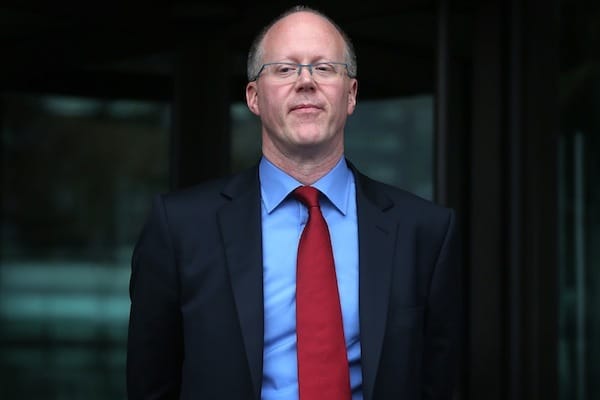Are you facing charges?
The state of current libel laws is ludicrous; they must adapt to the digital age, says George Butcher

This week the biggest libel case in legal history was launched – thousands of people are potentially facing legal action and most of them are ‘normal people’. Why? Because anyone who tweeted or re-tweeted Lord McAlpine’s name in relation to child abuse allegations is going to get a letter from his lawyers, and it doesn’t matter if you deleted it later.
Twitter is now considered by the courts tobe equivalent to a printed publication. If I wrote defamatory remarks about someone there, say the Rector, which I couldn’t back up, both myself and the editor would potentially be facing a civil law suit. Libel laws are designed to prevent reputations from being destroyed by lies and to protect all of us. Now, though, this means that anything I tweet also follows the same rules. How did this happen?
Eight months ago was the first libel case involving Twitter. Cricketer Chris Cairns was awarded £90,000 plus £400,000 legal expenses from Lalit Modi, the deposed IPL commissioner, who had tweeted he had been barred due to “his past record in match-fixing”. This allegation was seen by an immense crowd of followers (69 to be precise) and almost went viral with nearly 1100 people seeing it re-tweeted. That’s £81 a head. Cairns’ lawyers did what they would if Lalit Modi had printed his opinions in a paper and the judge agreed with them saying that, “nowadays the poison spreads more rapidly”.
We now have an insane situation. It is a ridiculous one and it is a result of a legal decision made by a judge with no mandate to do so. Fixing libel law for the digital world is the job of parliament. Mr Justice Bean has independently made one of the most consequential legal decisions of recent years. Twitter is not a publication: Twitter is fleeting and informal. A tweet is closer to a text message or a chat with friends, not a written declaration of one’s position. You can’t sue me if I tell my friends I think a Tory peer abused children. You can’t sue me if I text them, or even if I discuss it in public. You can’t legislate against gossip because frankly that’s inhuman. Twitter is full of satire, opinions and attention seekers. It is the ultimate in human expression, not an official belief.
If you did tweet it, don’t worry. The Telegraph says that his lawyers expect to ask for nominal payment of £5 and for the proceeds will go to charity, but this misses the point. Ten thousand users are facing legal action for gossiping, most often with friends. This is wrong.










